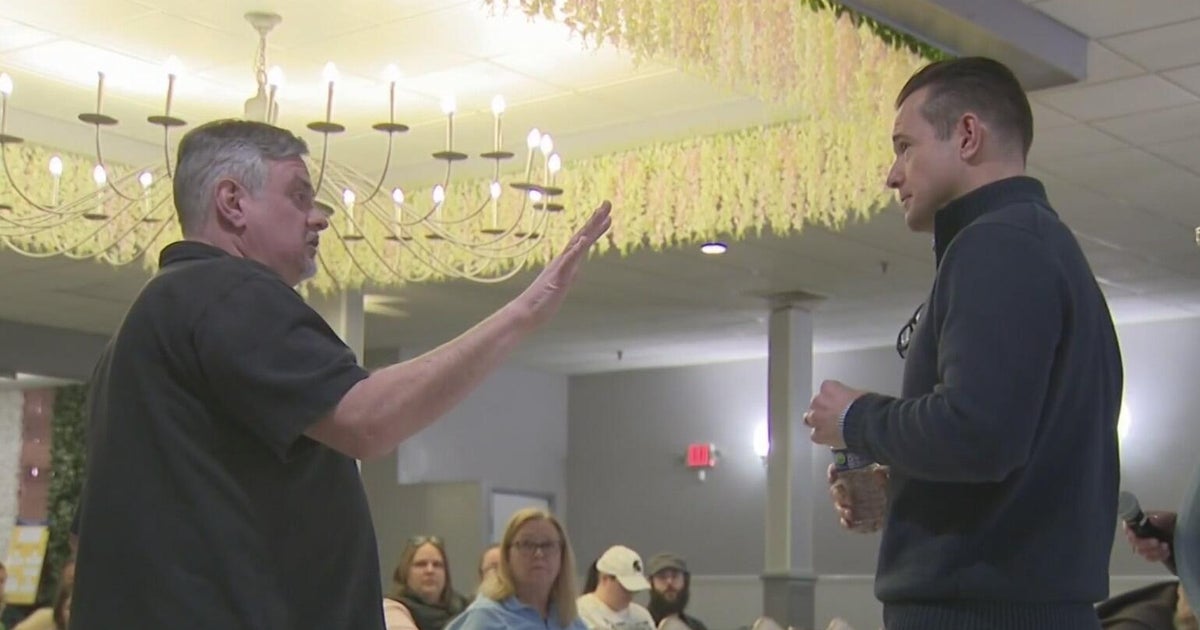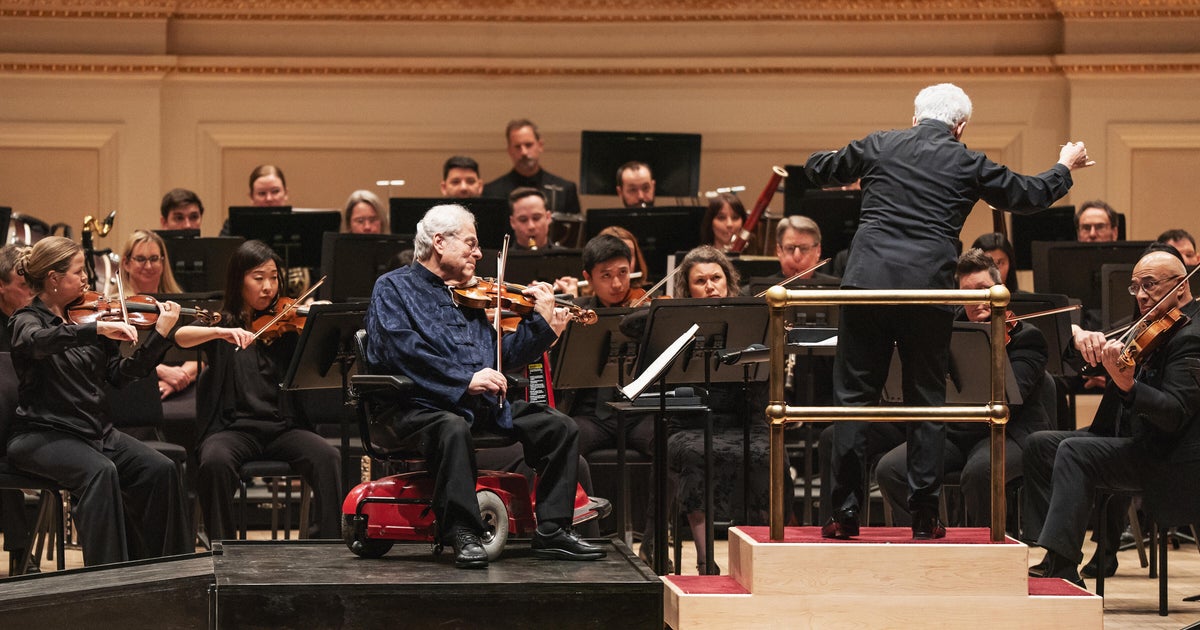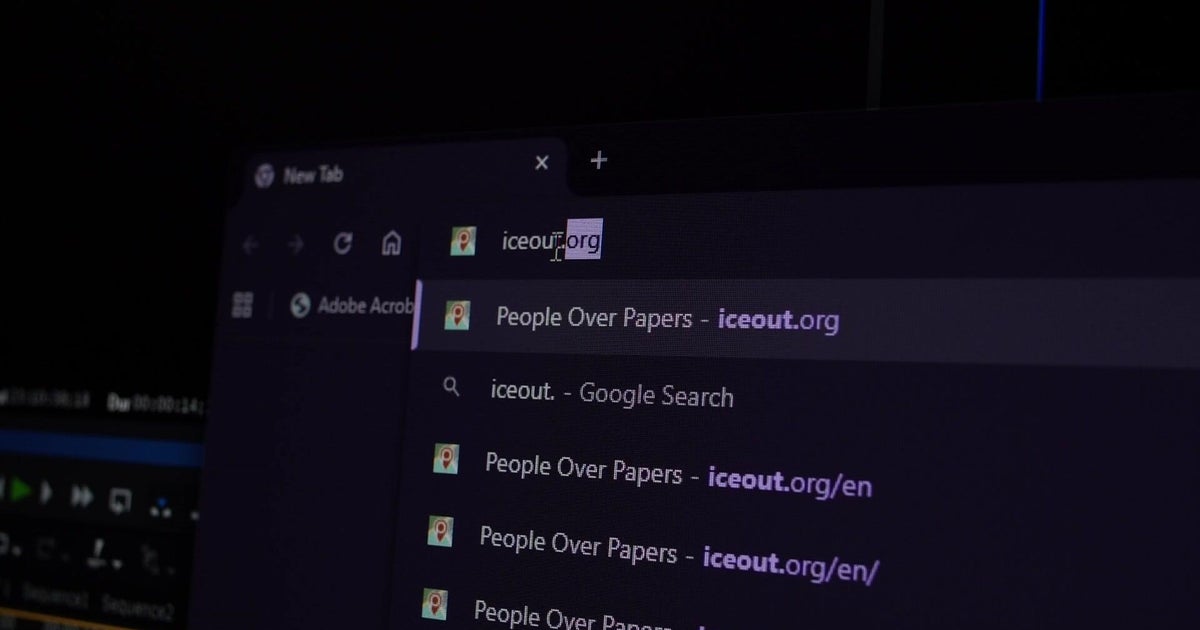Mass. Companies, Universities Making Creative Wearable Technology
BOSTON (CBS) -- Fitbit and the Apple Watch are the two devices that have come to define the concept of wearable technology.
Many creative innovations being developed in Massachusetts are now taking this technology up a notch.
Solos sunglasses, developed by the Kopin Corporation in Westborough, are one example. They tout these glasses as the most sophisticated smart eyewear ever.
"You can have the whole cellphone around your head without people knowing it," Kopin CEO John Fan told WBZ.
There is a tiny video screen in the upper right-hand corner of the wearer's field of vision. It is just a few square millimeters, but provides a big, colorful display.
Kopin's Ernesto Martinez Villalpando says, "The more you wear it, the more invisible it becomes, and the information is there when you need it."
A promotional video produced by the company shows how a woman can coordinate dinner plans while seeing and talking to her husband, and then view a map to direct her to the restaurant.
The glasses connect to a cellphone via Bluetooth. Solos are expected to be on the market and cost around $400.
They will initially be marketed to elite athletes who want timely feedback on a workout.
"It will get more functional, smaller, lighter, last longer, and this is just the beginning of the journey," Fan says.
At MC10 in Lexington, it's all about making biometric sensors thinner, smaller, and more pliable.
Isaiah Kacyenksi demonstrated how the BioStamp Research Connect system works by attaching sensors to his arm, chest, and shins. His body could feed all kinds of health data back to researchers while he is nowhere near a laboratory.
"You can actually collect real world data as people go about their lives every day," he says.
Another one of their sensors, My UV Patch, is even smaller and thinner.
"It can collect the amount of ultraviolet exposure to the sun, and relay that information to the user such that you can monitor how much sunlight and UV you are receiving going about your regular day," says MC10 co-founder Roozbeh Ghaffari.
My UV Patch will be marketed by L'Oréal and is expected to be at cosmetic counters this summer.
Future innovations are in the works at local universities. For example, at Worcester Polytechnic Institute Professor Ivon Arroyo is working on an interactive game to teach math.
Third-grade students will wear special smart watches while playing a game that has them running and manipulating shapes.
"Children can learn in motion, and have fun, so that when they learn mathematics, they can make positive associations to the idea of math," he said.
Freshman Zach Rellstab was one of a half dozen undergraduates who tested the game. He thinks it is important to give kids wearable technology early.
"I think education is going to have to incorporate that because if you don't move along with the times, then you are stuck in the past," he says.
About 40 million adults now have wearable devices like fitness trackers, according to eMarketer. That's estimated to be a 57 percent increase from about a year ago.







